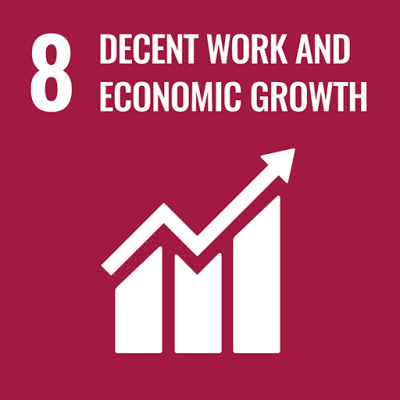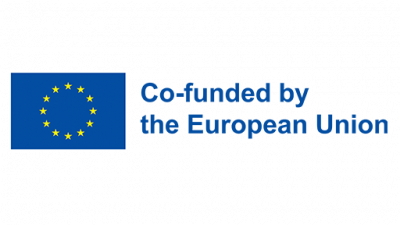Project
Building skills for future-ready employers
Project sponsors
Project type
Focus area
Implementation time
1.4.2025 - 28.2.2027
Financing program
European Social Fund Plus (ESF+) 2021-2027
UN Sustainable development goals

Project description
Building skills for future-ready employers - project seeks solutions to the mismatch problem in
Finland's labor market by enhancing employers' competencies. There is a skills gap particularly
in underutilizing the potential of a diverse workforce, recruitment expertise, and recognizing
future change needs in a dynamic work environment. The project's aim is to focus on developing
the foresight capabilities of key personnel in employer organizations, streamlining recruitment
processes, and identifying skill needs within work communities, while also leveraging diversity.
Additionally, the project aims to create tools for future employment sectors to identify the diverse
needs of working life.
The project has defined three sub-goals:
Strengthening Employers' Future-readiness The first goal is to enhance employers'
understanding of the characteristics of a future-ready employer and employee needs to ensure
attraction and retention, and to provide concrete tools for daily operations. It also aims to
strengthen the regular dialogue between employers, educational institutions, and employment
services to solve the mismatch problem.
Enhancing Recruitment Expertise The second goal is to improve and develop the recruitment
skills of key personnel in companies, utilizing practices based on design thinking, which support
the identification of a diverse workforce, enhance employer branding, and improve attraction and
retention to foster regional growth and ensure the availability of skilled labor.
Strengthening the Ability to Identify and Anticipate Skills Needs The third goal aims to improve
the ability of employers and employees to recognize skills, enabling them to anticipate future
skill needs and effectively utilize a diverse workforce in rapidly changing work environments.
The objectives will be achieved through three content-driven work packages focusing on
deepening cooperation between employer organizations, educational institutions, and
employment services.
As a result of the project, new competencies will emerge related to future-readiness, employee
understanding, recruitment expertise, employer branding, skills identification, and foresight.
These competencies will be increased and shared through participatory workshops, webinars,
peer learning groups, and by compiling tools for everyday use. Additionally, the project will
pilot a cooperation model between new employment services, higher education institutions,
and working life. Participants will also gather and generate knowledge by examining their
organizations' practices, and they will receive peer support and information on how to implement
practices and tools as part of long-term development. The tools and models developed during
the project will be made available nationwide for open use.
In the long term, companies' ability to attract and retain skilled employees will improve, and
they will more broadly recognize the opportunities offered by diverse talent profiles. The worklife model developed in the project, which takes employment needs into account, will improve
the match between job seekers and employers. As employers commit more to anticipating
skill needs and start implementing it systematically as part of their operations, it will prevent
labor shortages. Ultimately, this will improve the functionality of Finland's labor market and help
organizations adapt to changes in working life.
The project's lead partner is Jamk University of Applied Sciences, with Novia University of
Applied Sciences and LAB University of Applied Sciences as co-implementers.
